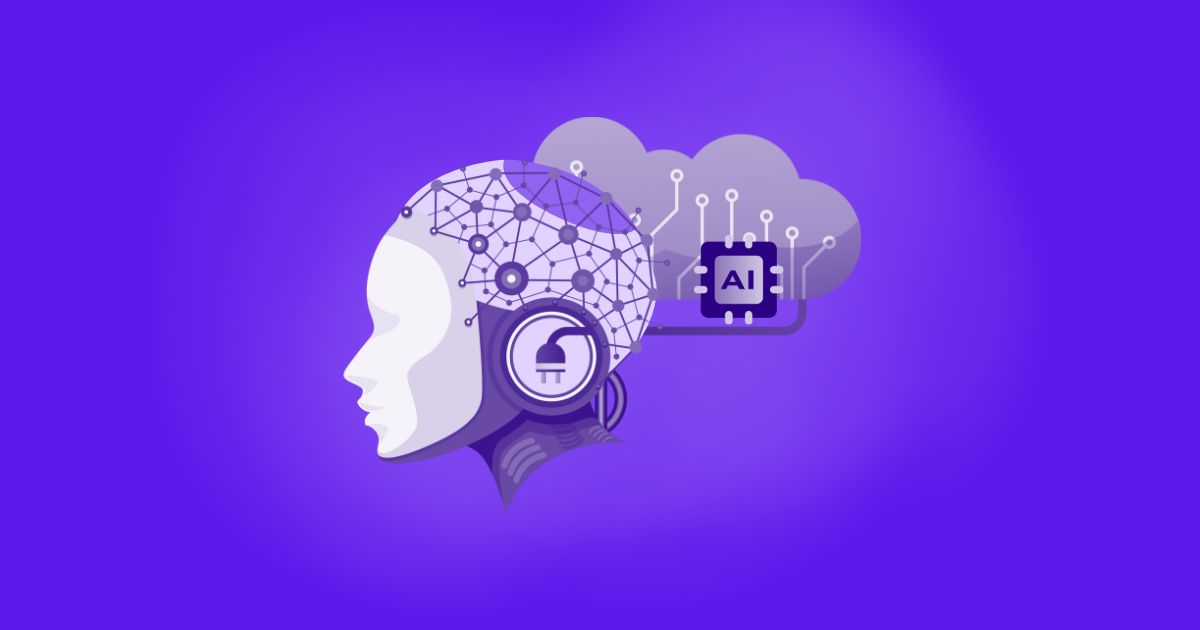Artificial intelligence (AI) is rapidly transforming the business landscape, creating opportunities for companies to achieve unprecedented levels of efficiency and productivity. AI orchestration is at the forefront of this revolution, enabling the seamless integration and management of complex processes and technologies. By leveraging AI to coordinate various systems and applications, businesses can streamline their operations, reduce human error, and make better-informed decisions.

The Power of AI Orchestration in Modern Business Environments
The integration of AI orchestration within modern business environments is proving to be a game-changer. It allows companies to harness the capabilities of multiple AI tools and services collectively, driving more value than the sum of their parts. This synergy maximizes operational agility, allowing businesses to adapt quickly to market changes and customer demands.
AI orchestration streamlines the data analysis process. By providing real-time insights and predictive analytics, AI orchestration platforms like BA Insight businesses can stay ahead of trends while mitigating risks. Implementing a strategy, such as how to use AI orchestration, can ultimately lead to a significant competitive advantage.
Not only does AI orchestration optimize existing workflow efficiencies, but it also opens doors to new possibilities. By connecting disparate systems, data silo are removed, encouraging a more holistic approach to business intelligence. This connected ecosystem fosters a culture of continuous improvement, innovation, and strategic foresight.
One of the most notable benefits of AI orchestration is the reduction in manual intervention required for complex workflows. With AI coordinating tasks, employees can shift their focus to more value-adding activities. This reallocation of resources can enhance employee satisfaction by eliminating monotonous tasks and empowering staff with more creative and strategic roles.
Transforming Complex Workflows Into Seamless Operations With AI

Complex workflows can be a challenge for businesses, often requiring substantial manual effort and coordination. AI orchestration simplifies these processes, automating tasks where possible and ensuring that different systems communicate effectively. As a result, what once was a labyrinth of procedures is now a streamlined path to productivity.
Moreover, the adaptability of AI-driven workflows means that as business needs evolve, so too can the systems that support them. AI orchestration enables the rapid implementation of workflow modifications with minimal downtime, ensuring that operations remain smooth despite changes in the environment or strategy.
Another transformative aspect of AI orchestration is error reduction. Automated systems are far less prone to the mistakes humans might make when handling repetitive tasks. This leads to higher accuracy and reliability in operations, ultimately contributing to better quality products and services for the customer.
Businesses can further leverage AI-driven solutions to identify and rectify operational bottlenecks. By analyzing data and identifying patterns, AI orchestration tools can propose optimizations that enhance the efficiency of workflows, cutting costs and increasing throughput in the process.
Enhancing Productivity and Decision-Making through AI-Driven Insights

The advent of AI orchestration marks a pivotal shift in productivity and decision-making capabilities within organizations. By providing a layer of intelligence that can process and analyze vast amounts of data swiftly, AI orchestration empowers businesses with actionable insights that can drive productivity to new heights.
These AI-driven insights are key to understanding both customer behavior and internal process effectiveness. With an enhanced analysis, businesses can tailor their strategies to meet specific customer needs, refine their marketing efforts, and allocate resources more efficiently. A data-driven approach can lead to more sophisticated and impactful decisions that steer the company forward.
Additionally, machine learning algorithms incorporated within AI orchestration frameworks can make predictive assessments about future trends. This foresight enables businesses to prepare and respond proactively, setting them apart from competitors who may be reacting to changes rather than anticipating them.
The resultant agility and informed decision-making not only optimize current operations but also lay a solid foundation for sustainable growth. With a data-centric strategy rooted in AI, businesses are witnessing a revolutionary improvement in their decision-making processes.
Altogether, the rise of AI orchestration is a transformative force for businesses, enabling greater efficiency, informed decision-making, and an overall increase in value creation across industries. By overcoming the challenges associated with integrating AI tools and focusing on the right metrics to measure success, organizations can harness the full potential of AI orchestration to achieve their strategic goals.